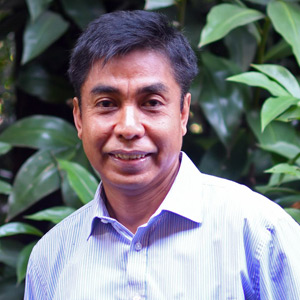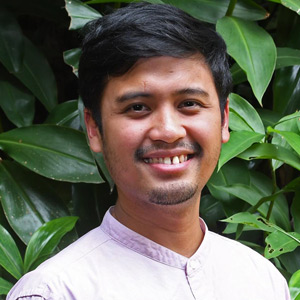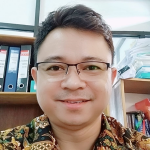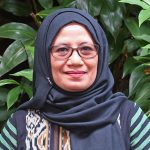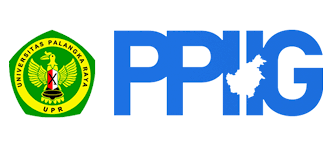Peatland ecosystems play essential roles in supporting human life, biodiversity and climate change mitigation. Indonesia has an estimated 21 million hectares of peatlands (84% of all peatlands in the Southeast Asia region), which store around 13.6–40.5 gigatons of carbon, or approximately 30% more than all the country’s mineral forests combined (Murdiyarso et al. 2010; Warren et al. 2017). However, these ecosystems have faced significant anthropogenic pressures for years, particularly as a result of deforestation, land degradation, wildfires and overexploitation of natural resources. Peatland degradation has led to devastating fires like those in the 2015 dry season, and given rise to domestic and international concern (Harrison 2016). Further, there is potential for similar fire incidents due to this year’s El Niño, which will likely result in a longer dry season, reduced rainfall and rainy days, and increased air temperatures, thereby exacerbating fire risk (IPB 2023).
To overcome this pressing problem, the Government of Indonesia, CIFOR-ICRAF and ACIAR have the same vision of transforming severely degraded peatlands to help reduce environmental impacts; contribute to global mitigation efforts; and support local climate change adaptation. Peatland governance in Indonesia is highly complex as it is driven by various interests, with limited attention in Central Kalimantan Province to voicing political-economic governance of peatlands. Through collaborative efforts, hopefully the protection and sustainable utilization of peatlands can be achieved for future generations. A better understanding of current co-governance organization and ways to strengthen it are needed. Hopefully, a greater understanding can support coordinated restoration activities and create an environment that supports effective long-term rehabilitation towards healthy socioecological landscapes. Such steps will ultimately help maintain the important ecosystem services peatlands provide and support the long-term well-being of local communities. A political-economic approach can help with assessing the contributions of various interests, ideas, and institutions, and with information exchange between different stakeholders in determining peatland governance actions and outcomes.
CIFOR-ICRAF, Borneo Orangutan Survival Foundation (BOSF) and Center for Development of Science, Technology, and Peatland Innovation University of Palangka Raya (PPIIG UPR) research activities will be carried out from January to December 2024, with the main aim of improving co-governance in peatlands, and the ultimate goal of achieving triple-win outcomes of adaptation, mitigation and building rural resilience to climate change. As a preliminary step, CIFOR-ICRAF will hold a kick-off workshop to explain project activities to relevant stakeholders in Central Kalimantan and secure input to help with the implementation of study activities in project locations.
Objectives
- Explain CIFOR-ICRAF and partners’ study plans for peatlands in the KELOLA project in Central Kalimantan Province;
- Secure information and input for the CIFOR-ICRAF and partners’ KELOLA research project.
Contact: Christine Wairata (c.wairata@cifor-icraf.org)



















